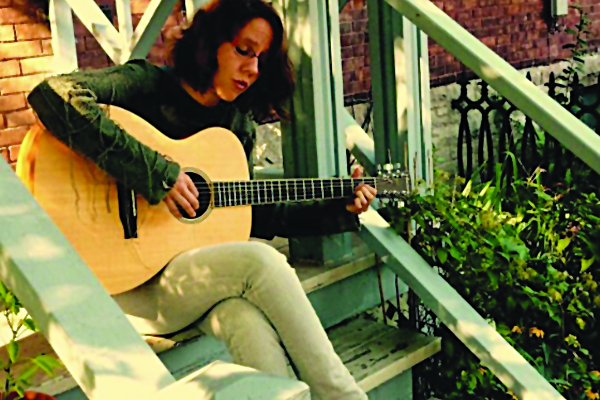Chad Gaffield becomes the head of Canada’s oldest scholarly group
This November, the Royal Society of Canada (RSC), the oldest scholarly group in the country, will be welcoming University of Ottawa history professor Dr. Chad Gaffield into their midst as their new president.
The Royal Society of Canada is the senior council of distinguished scholars in Canada, which promotes research and inquiry into the arts, sciences, and social sciences, as well as recognizing influential and well-respected Canadian scholars.
As part of his work in this new role, Gaffield will be working towards a commitment to Canada’s official languages, as well as planning the RSC’s next phase of development, including maintaining a strong presence on campuses and in the local and global community.
“On the one hand it’s humbling to be in this position,” said Gaffield. “And on the other hand it’s really exciting and energizing to think about the kinds of contributions we can make going forward, along with leading figures across Canada and internationally.”
Gaffield specializes in the history of Canadian society in the late-nineteenth and early-twentieth centuries, and the change in social patterns that took place during the urban and industrial revolutions.
“The Royal Society is an institution that was created in the nineteenth century as a way of helping Canada move forward based on knowledge about all aspects of the past and present,” said Gaffield. “So, a group of people from universities focused on getting together and saying ‘Hey, maybe we could help inform public discussion about the major problems of the day.’”
The RSC is made up of more than 2,000 fellows—women and men who have contributed to different fields of study, as well as to Canadian life, with roughly 80 fellows elected annually.
Fellowship in the society is considered to be the highest privilege for Canadian academics, artists, and scientists.
These days, the RSC concentrates its efforts on using knowledge of the past to tackle various issues faced by society, such as those pertaining to diversity and equity, scientific and technological advancement, and changing demographics and political systems, and advise the government and other organizations on these issues.
Some of the work done by fellows of the RSC have focused on cognitive decline and dementia, along with food marketing and consumerism.
Among other efforts, the RSC has also published a report on early childhood development in an effort to make information available to the general public.
“It’s just a wonderful opportunity because I think that the value of the Royal Society can be key in terms of helping Canada,” said Gaffield.
In accepting this new role, Gaffield believes that his time at the U of O will have a strong impact on his work at the RSC.
“I think the University of Ottawa has been great for me because it’s a sort of microcosm of Canada: the official languages, the diversity, and the kind of research intensiveness has been a really good home that I’ve enjoyed, and certainly our history department has been a leading pillar of those kinds of contributions.”
Gaffield also believes that the RSC’s work can serve as an example to students who are preoccupied with trying to “make a better world.”
“I think the Royal Society is an example of how we can bridge the value of what we do here on campus to the challenge of confronting a lot of the complex problems, and also coming up with new ways of thinking about how we can all live together and share this planet.”





